What are you listening to and WHY might anyone be interested? (Vol. XIII)
Posted by: Richard Dane on 01 January 2017
2017 has arrived today, so time to start this thread afresh.
Last year's thread can be found here;
Based on an article with Kamari Washington - where he was mentioning this as one of the albums influencing him, I had again a listen again. It is indeed a special one, a bridge between his earlier work and his last years free work. Special - but at the same time accessible enough...

Really looking forward to this album. Should quite easy get to succes great songs excuted by the man who looks made for this music. Listening to the two available song...

Bert Schurink posted:Based on an article with Kamari Washington - where he was mentioning this as one of the albums influencing him, I had again a listen again. It is indeed a special one, a bridge between his earlier work and his last years free work. Special - but at the same time accessible enough...
With a review now...
1965 saw the release of what can be considered John Coltrane’s magnum opus, A Love Supreme that is, reaching his peak both as a spiritual expressionist and a virtuoso and original/innovative jazz musician. Another significant album that year was Ascension, although I’m not fond of it, it's nonetheless an important album for both Coltrane and the free jazz genre. Besides a pair of other albums from that year, it was actually after Coltrane's death that we, fans, discovered that '65 was such a crucial and productive year for John. Impulse! started releasing albums from that year like newspapers, Sun Ship, First Meditations, Gleanings, Living Space, and there was Transition.
The latter is aptly titled, since it's not much different from A Love Supreme and contemporary works, where the freeness wasn't taking control of Trane's entire music, actually there's this majestic balance of spiritual climaxes and more down-to-earth post bop with extreme talent.
Like I usually say, Pharaoh Sanders and Alice Coltrane achieved what John, their predecessor, never did in an entire album, that is to play pure spiritual jazz ("hippie jazz") where peace and love are main themes, which is what John's musical life seems to always have desired but never quite did it. But it's in this case, Transition, where we find the composition 'Welcome', a rather short tune (in comparison with the rest), that highlights peacefulness rather than virtuosity or chaos. Both Tyner's sprawling piano and Trane's brief sax appearances are just sublime. It’s not of lesser interest to know that such an “unknown” tune by Trane was later covered by Santana.
That is already of big interest for Coltrane fans, but what might be of bigger interest is the 'Suite' of 21 minutes that dares to challenge A Love Supreme's awesomeness. The playing and interaction between members is in great shape like it has always been, and the different parts connect well with each other, indeed making one of John's most overlooked gems. As you should expect, you can hear a wide range of moods, from the soulful, the bluesy, the more chaotic and the rampant, with room for each member to show their unique style and their essential contributions to Coltrane’s music.
The last track, 'Vigil', is also very interesting, being a duo of Jones and Trane. 'Vigil' isn't as freaky and dissonant as one would expect, it's actually very digestible compared to the rageous and offensive duels that are in Interstellar Space which has Rashied Ali instead of Elvin Jones.
Lastly, there's the title track which is a typical 61-64 Trane composition, with the classic McCoy chords and the brilliant sax soloing.
Transition is undoubtedly a must-have for fans, not only it provides understanding of Coltrane's mind evolution, it's damn great in its entirety with top-notch material.

Mahavishnu Orchestra- Inner Mounting Flame (1971)/Birds of Fire (1973. Vinyl rips.

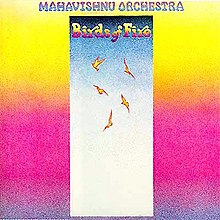


(1991)
Thelonius Monk - Criss Cross

From allmusic.com:
Criss-Cross -- Thelonious Monk's second album for Columbia Records -- features some of the finest work that Monk ever did in the studio with his '60s trio and quartet. Whether revisiting pop standards or reinventing Monk's own classic compositions, Monk and Charlie Rouse (tenor sax), John Ore (bass), and Frankie Dunlop (drums) exchange powerful musical ideas, as well as provide potent solos throughout the disc. Fittingly, "Hackensack" -- a frenetic original composition -- opens the disc by demonstrating the bandleader's strength in a quartet environment. The solid rhythmic support of the trio unfetters Monk into unleashing endless cascades of percussive inflections and intoxicating chord progressions. The title cut also reflects the ability of the four musicians to maintain melodic intricacies that are at times so exigent it seems cruel that Monk would have expected a musician of any caliber to pull them off. "Tea for Two" showcases Monk's appreciation for the great stride or "walking" piano style of James P. Johnson and Willie "The Lion" Smith. The arrangement here is lighter, and features a trio (minus Rouse) to accent rather than banter with Monk's splashes of magnificence throughout. Likewise, Monk's solo on "Don't Blame Me" is excellent. The extended runs up and down the keyboard can't help but reiterate the tremendous debt of gratitude owed to the original stride pianists of the early 20th century. The 1993 compact disc pressing of Criss-Cross sounds great and adds a version of "Pannonica" that was previously unissued at the time. Unfortunately, however, the liner notes originally used on the album jacket -- penned by "Pannonica"'s namesake, Baroness Nica de Koenigswarter -- were replaced by those of a writer for Rolling Stone magazine. This is prime Monk for any degree of listener.

Fink - Perfect Darkness.
Just can't seem to stop playing music from this chap ................. awfully good, innit?
dave marshall posted:
Fink - Perfect Darkness.
Just can't seem to stop playing music from this chap ................. awfully good, innit?
Yep ![]()

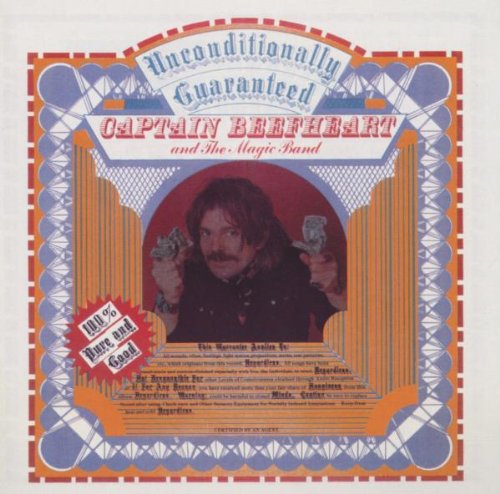
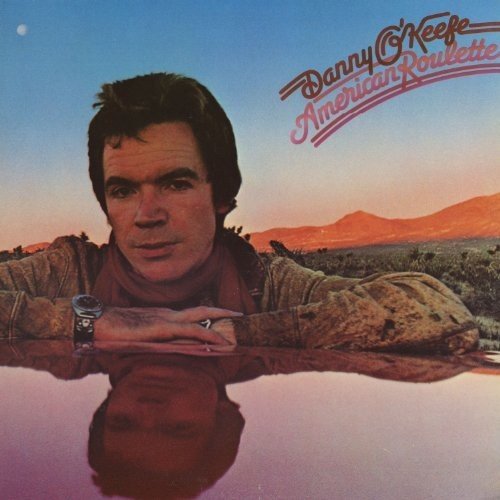
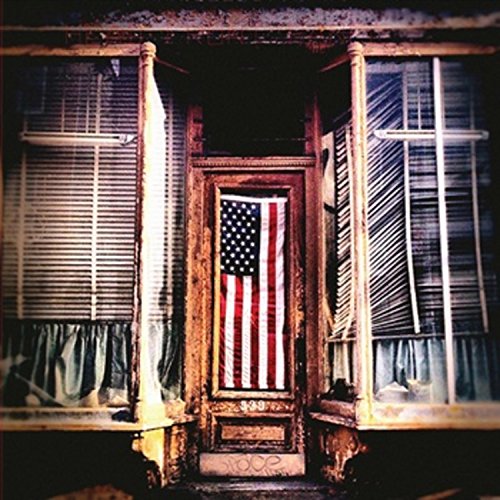
The Silks- Last American Band.
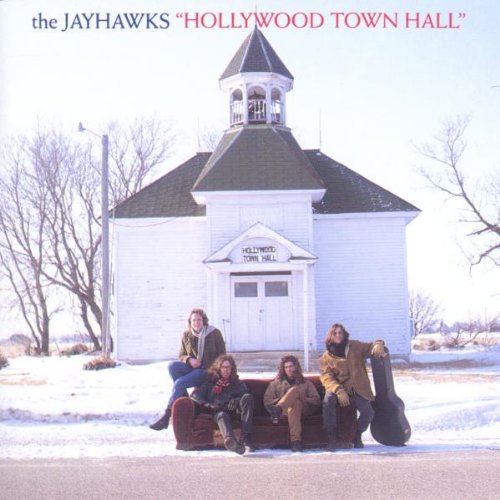
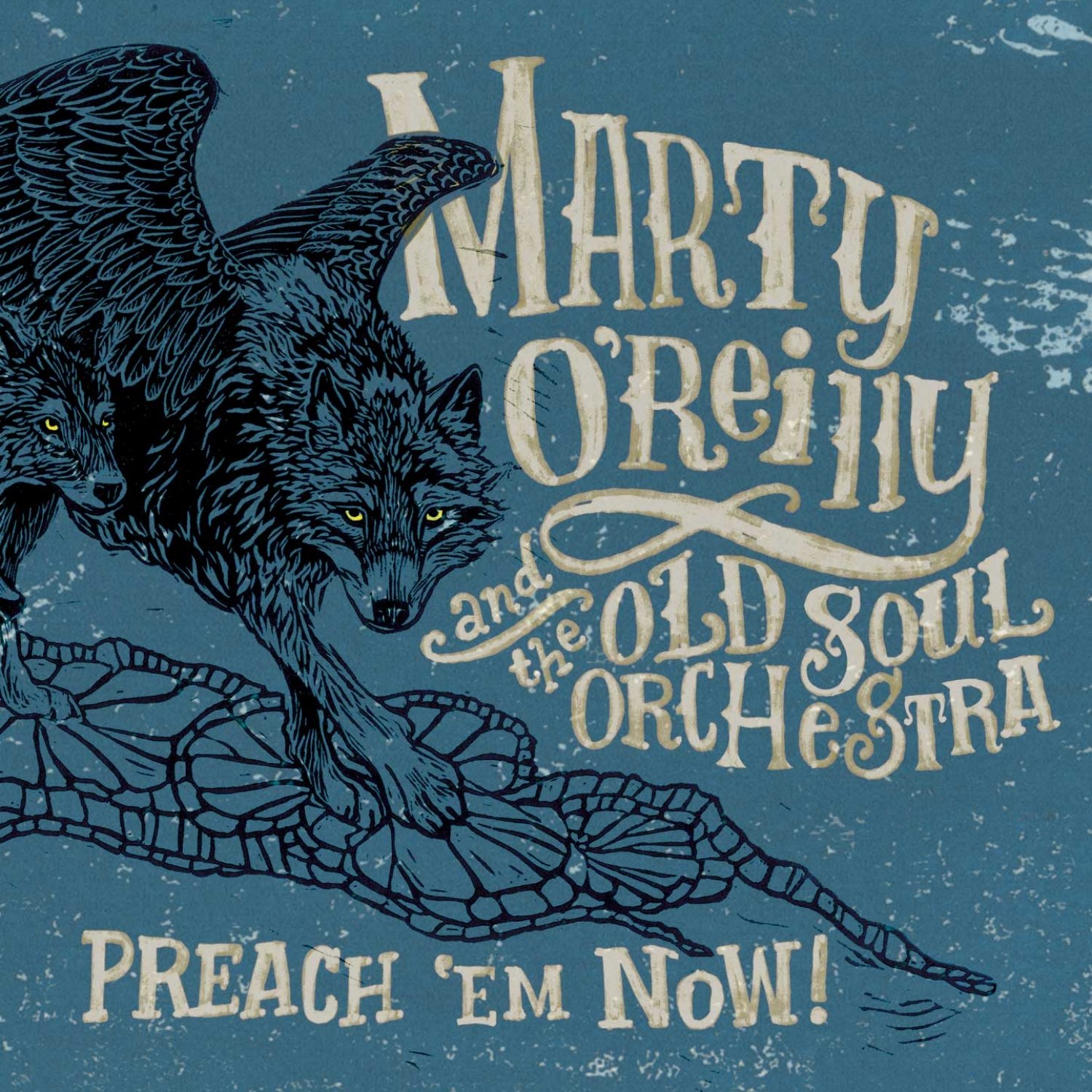
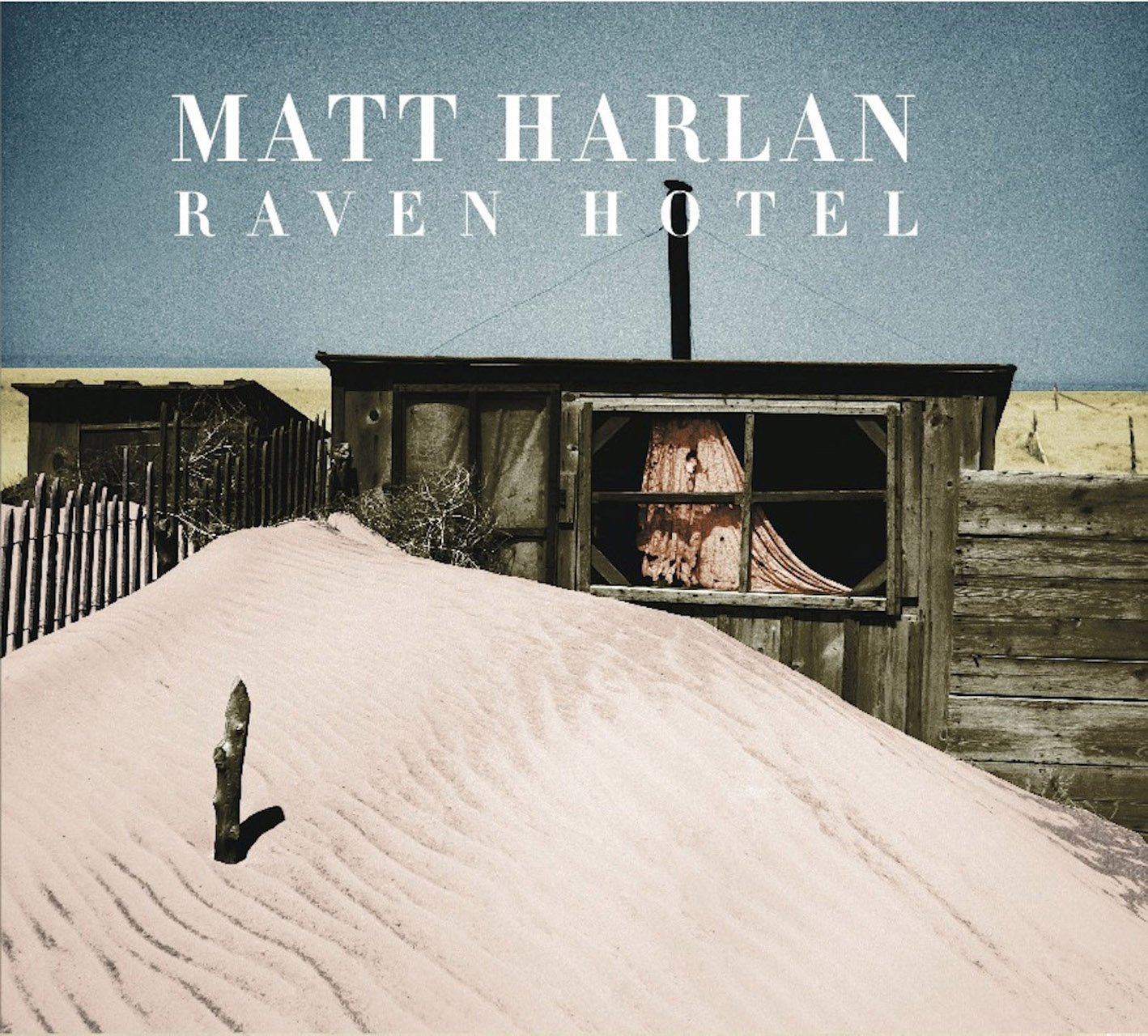

Rumer - This Girl's In Love

Somtimes you just need the music to caress a tired brain, to wash over you, where unfamiliar songs sound like old friends. This is how this album grabs me. Loverly stuff.
Metheny - Mehldau

From allmusic.com:
The collaboration between Pat Metheny and Brad Mehldau is something that must have been written in the stars. Fans of both men have wondered if it would ever take place, and the end result on the Nonesuch release of Metheny Mehldau is the confirmation that it was destined. Hyperbole? Put it on and listen before you offer that remark seriously. Of the ten cuts here, eight are duets; the other two feature Mehldau's rhythm section, bassist Larry Grenadier and drummer Jeff Ballard. Metheny wrote seven of these tunes, and Mehldau wrote the other three. Each man's compositional style is evident from the word go. There's the luxurious counterpoint that extends form the haunting melody of "Unrequited." Further, there is the natural extension of rhythm and swing on "Ahmid-6." But the real accomplishment here is the ease with which these men play such sophisticated and engaging music that is, perhaps on paper, difficult. But its expansive sense of lyricism and yes, rhythmic interplay, is continually surprising; there is no competition in these tunes, they flow, one into the other with a language being made on the spot. On the quartet tunes, such as Metheny's "Ring of Life," the influence of postmodern drum'n'bass -- à la electronica -- is heard in the tough breakbeats played by Ballard and the counter-rhythmic invention of both Mehldau and Grenadier. It is Metheny's melodic voice, his continually approaching the euphoric, that holds it all together and makes something utterly moving out of it. The gentle swing of "Say the Brother's Name" (also by Metheny) takes Mehldau's sense of the phrase and expansive left-hand technique as it finds harmonic invention in the middle register as the key to unlocking the track's mystery. Mehldau's typically understated solo splits the seam and allows the genuine intensity of the cut to come through. Rhythmically there are breaks here too, but not as pronounced or as forceful as on the earlier selection. Indeed, when all is said and done, the listener is left wanting -- more that it. One wishes that a double album would have been made, one with the duet -- so full of startling moments it's impossible to list them all -- and quartet, whose genuine sense of extrapolative swing is not only inherent, but infectious.

(1989 | 2011)
Sticking with Stevie and this MFSL sounds pretty good.
Stevee_S posted:
(1989 | 2011)
Sticking with Stevie and this MFSL sounds pretty good.
Would love to join in with a Texas Blues evening, but I'm off to watch the footy .......... nah, not that one, .......... come on you Jocks! ![]()
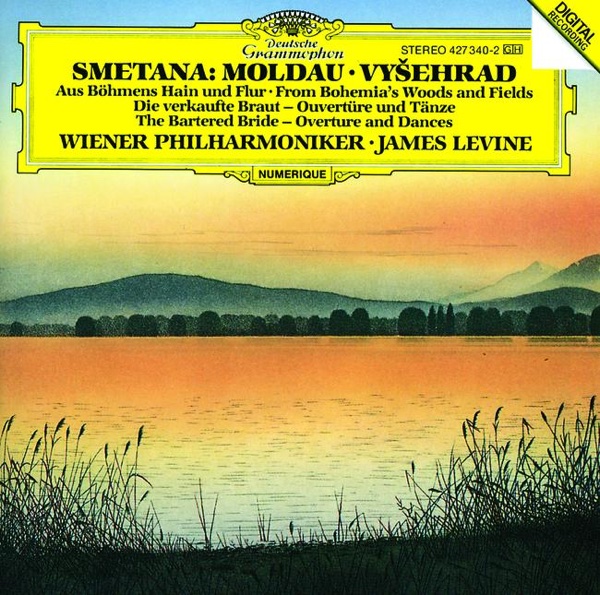
1987 - Tidal...

dave marshall posted:Stevee_S posted:
(1989 | 2011)
Sticking with Stevie and this MFSL sounds pretty good.
Would love to join in with a Texas Blues evening, but I'm off to watch the footy .......... nah, not that one, .......... come on you Jocks!
Being of mixed heritage I'm following both but mercifully with the sound off ![]() .
.
